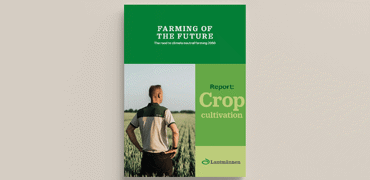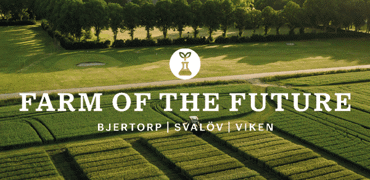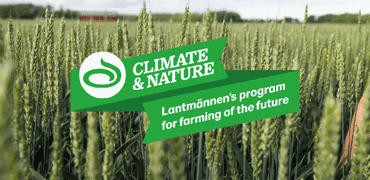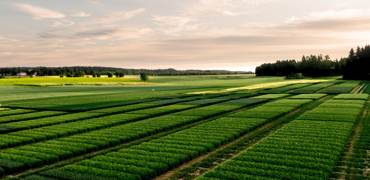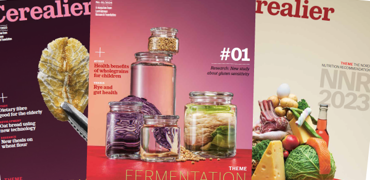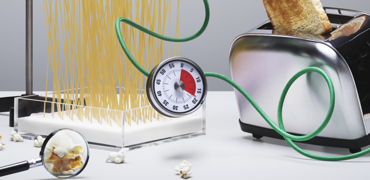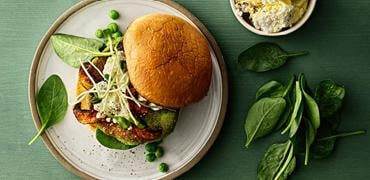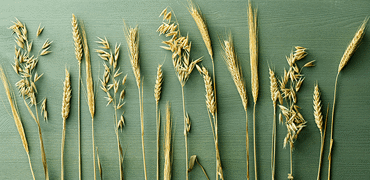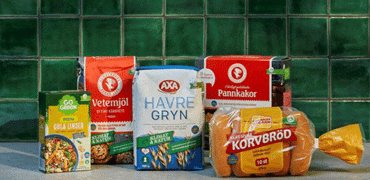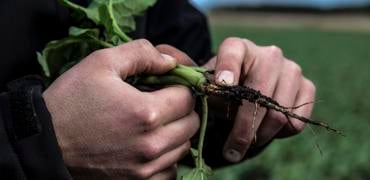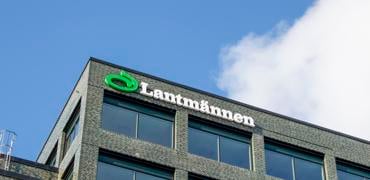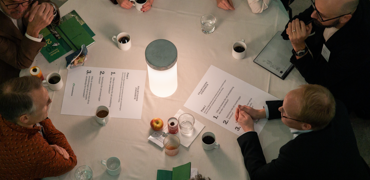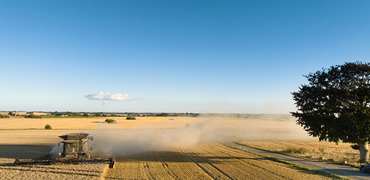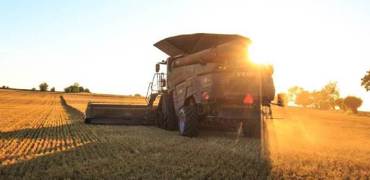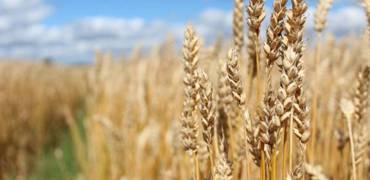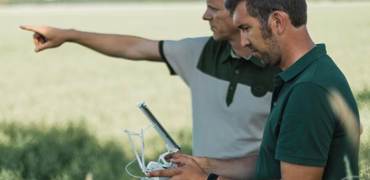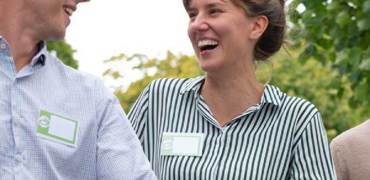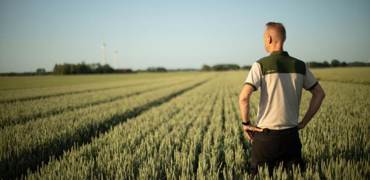For Juha, sustainable nutrition means the importance of trying to preserve planet for future generations. “It is very actively used term nowadays, and it means food that is produced close by with environmental footprint considered. We want to know, that it has been produced in a sustainable way, for example by taking care of lower water footprint, greenhouse gas emissions and plastic usage. And, often it’s also healthier to eat more sustainable food, so it’s a win-win situation.” In Cerealia, sustainable nutrition has come more visible and natural part of businesses. “It has been integrated so well in our daily work, that is comes very organically to our operations. Our people in production don’t think that’s anything additional, which was the case years back.” He finds inspiration for developing the society towards more sustainable direction. “It is quite fascinating to see more and more companies working with for example food waste, packaging materials and value adding processes. This is encouraging for all food chain companies to develop more new ways to work, create better alternatives and commit to solve these challenges.”
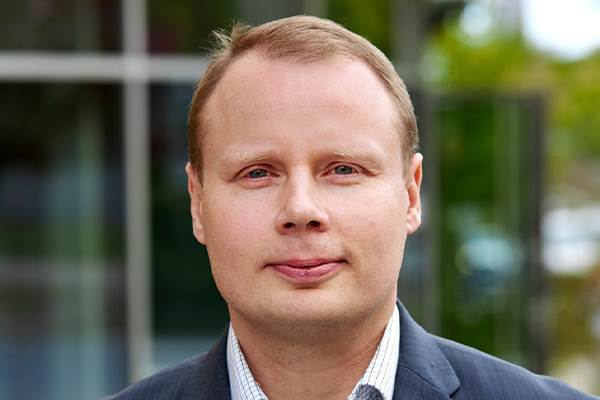
In Cerealia, the actions to improve operations towards more sustainably produced foods are part of systematic work. “We have product categories where we have taken away the plastic window from the package, and we are going towards thinner and thinner package materials, which reduces customers waste as such”, Juha says. Less energy is consumed yearly, plastic policy is aiming to get rid of all unrecyclable plastic and unnecessary transportation between production sites is avoided. Also, according our field to fork thinking we want to know exactly where our main raw material the grain is coming from. Even many of these actions seem very straight forward, there are some challenges as well. Juha elaborates: “For instance, we would like to have very near harvested grain, to produce more locally produced food. Unfortunately, in case of weak harvest on certain year or geographical areas makes it more complicated and will increase the costs in some cases. Luckily, usually sustainability goes hand in hand with cost efficiency.”
Juha would like to see new innovations in our existing production lines, without the necessity to invest completely new production line. “I would like to see how we can utilize our production flows even more efficiently. For example, we are producing energy of some process waste, but maybe we could turn it still to more value adding by-products. In operations there is very high interest to find new products and learn about new processes that fit for our field to fork thinking, for example green protein -products. When we can combine these with our existing production setup, our team and operations will be taken to the next level.”
Juha has seen in his work, that people are already quite engaged to sustainable nutrition. “If we want to make people more engaged, we need to connect this topic into their daily lives. It can be very small daily choices, and people need to be given more good concrete examples. Now the term is just too vague and fussy.” I am curious to know if Juha has noticed special challenges related to this topic. “Well, personally I pity that nutrition and the food we eat is so driven by short term trends. Something that is claimed to be healthy today, might not be healthy in few years anymore. This encompassed that we need agility within new products to follow consumer trends. Fortunately, I have team with constant idea flow!”






